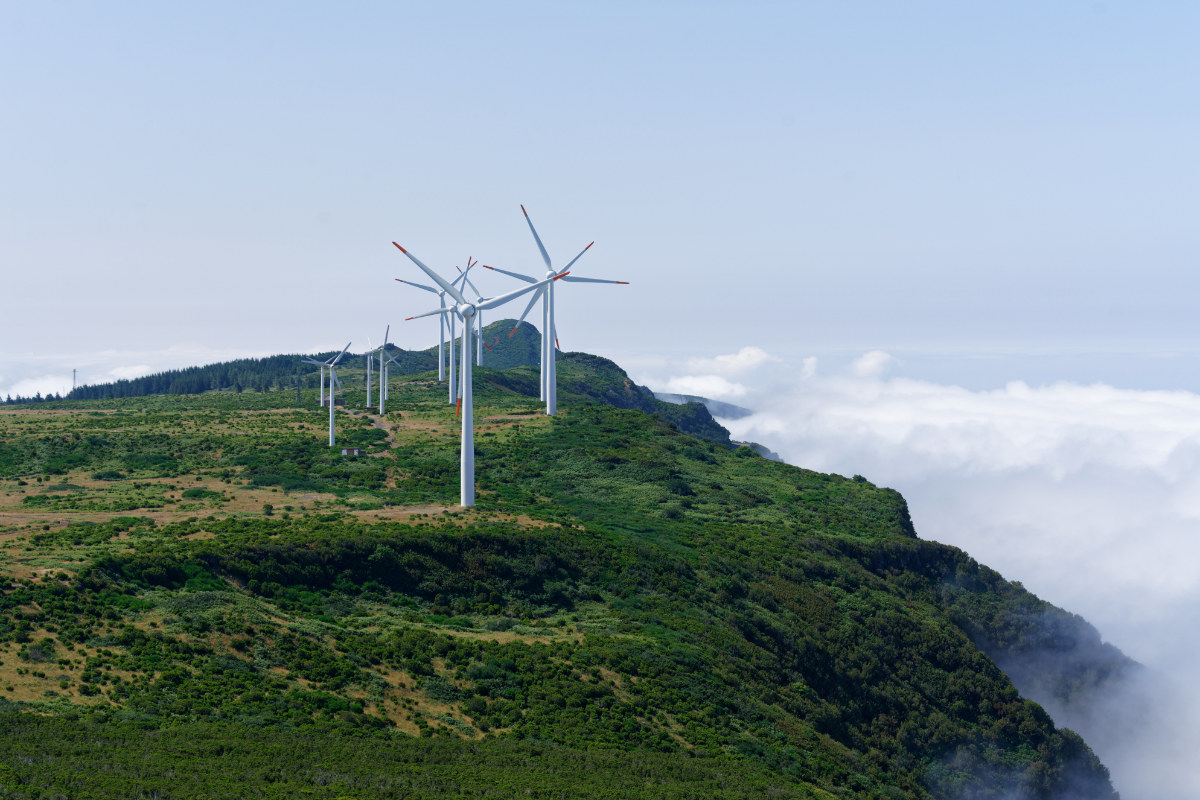The global energy landscape is experiencing its most dramatic transformation in decades. With renewable energy investment projected to reach $780 billion in 2025—outpacing oil investment by $237 billion—the question isn’t whether the energy transition will happen, but how quickly strategic players can adapt to capitalize on this historic shift.
At Donaeri Holdings, we’ve observed this transformation from the front lines of international energy trading. The convergence of geopolitical tensions, technological advancement, and climate commitments has created both unprecedented opportunities and complex challenges that require sophisticated risk management and strategic foresight.
The New Energy Trading Reality
Traditional energy trading models, built around predictable supply-demand cycles and established infrastructure, are being disrupted by several converging forces. The Middle East crisis continues to send shockwaves through global energy markets, while China’s aggressive push toward energy independence—adding double the renewable capacity of the US, Europe, and India combined in 2024—is reshaping global energy flows.
This volatility isn’t merely a challenge to manage; it’s a strategic advantage for those equipped to navigate it. Our multi-dimensional risk assessment framework, spanning market volatility, operational challenges, and geopolitical tensions, enables us to identify opportunities where others see only uncertainty.
Strategic Positioning in Renewable Integration
The renewable energy surge presents unique trading opportunities that extend beyond traditional commodity markets. Solar power’s record growth and the rebound in hydroelectric generation are creating new arbitrage opportunities across regional grids and storage systems. However, success in this environment requires more than just market access—it demands deep understanding of regulatory frameworks, grid integration challenges, and the complex interplay between traditional and renewable energy sources.
Our approach focuses on three critical areas: real-time trading optimization that maximizes clean energy integration, cross-sector intelligence that leverages insights from our food and investment divisions to anticipate energy demand patterns, and strategic partnerships with both traditional energy suppliers and emerging renewable developers.
Risk Management in an Evolving Landscape
The energy sector’s increased sensitivity to sanctions, diplomatic outcomes, and climate policies requires sophisticated risk management that goes beyond traditional financial hedging. Our integrated risk governance framework evaluates not just price volatility and counterparty risks, but also regulatory changes, ESG compliance requirements, and long-term strategic threats from technological disruption.
This comprehensive approach has proven essential as energy markets face what industry analysts describe as “acute geopolitical strains” and “major shifts in energy policies.” By maintaining robust business continuity plans and redundant operational systems, we ensure sustained performance regardless of market conditions.
Looking Forward: The Strategic Advantage of Integration
The energy transition isn’t just about replacing one energy source with another—it’s about building more resilient, efficient, and sustainable energy systems. Companies that understand this integration challenge, rather than viewing energy sectors in isolation, will capture the greatest value.
Our cross-sector expertise provides unique insights into how energy transitions affect food security, industrial logistics, and investment flows. This integrated perspective enables us to anticipate market movements and identify opportunities that single-sector players might miss.
As we move toward 2030, the energy sector will continue to reward strategic thinking over reactive trading. The companies that thrive will be those that combine deep market knowledge with sophisticated risk management, operational excellence with strategic foresight, and traditional energy expertise with renewable energy innovation.
The $780 billion renewable investment surge represents more than a market opportunity—it’s a fundamental restructuring of how global energy systems operate. At Donaeri Holdings, we’re not just adapting to this change; we’re helping to shape it through strategic trading that drives both profitability and sustainable progress.


